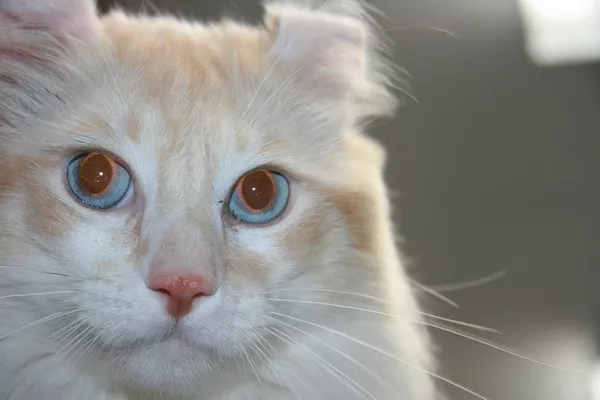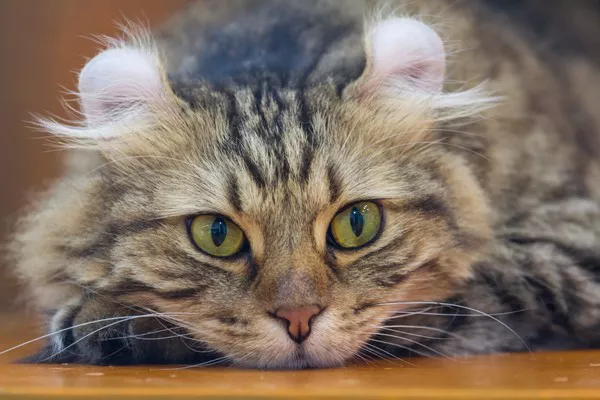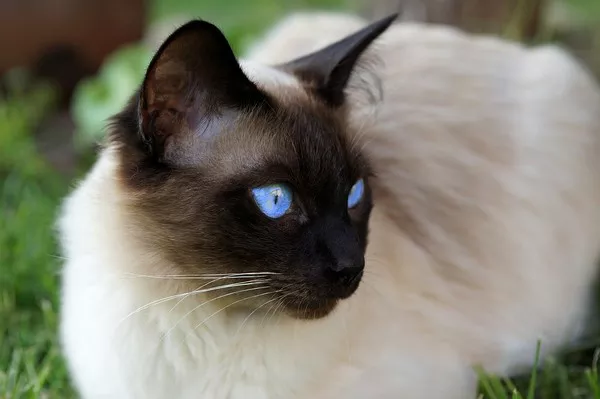Cats, known for their discerning palates, often display a keen interest in the food their human companions enjoy. While it’s essential to prioritize a cat‘s specialized diet for optimal health, there are certain human foods that, when offered in moderation, can serve as tasty and safe treats. In this exploration, we delve into the world of feline-friendly human foods, ensuring that your furry friend can indulge in delightful flavors without compromising their well-being.
Understanding Feline Nutrition
Before delving into specific human foods suitable for cats, it’s crucial to understand the foundations of feline nutrition. Cats are obligate carnivores, meaning their diet primarily consists of meat. Unlike omnivores, cats have specific dietary requirements that include high protein content, essential amino acids like taurine, and certain vitamins and minerals.
While commercial cat food is formulated to meet these nutritional needs, offering small amounts of select human foods can add variety to their diet and strengthen the bond between cat and owner. However, it’s vital to exercise caution, as not all human foods are safe for feline consumption.
Feline-Friendly Human Foods
1. Cooked Meat:
Lean, cooked meats like chicken, turkey, or beef can be a delightful treat for cats. Ensure the meat is free from seasonings, onions, and garlic, as these can be harmful to felines. It’s advisable to cut the meat into small, easily digestible pieces.
2. Fish:
Fish, particularly salmon and tuna, is a good source of omega-3 fatty acids for cats. However, it should be offered in moderation due to potential mercury content. Canned fish in water, free from added salt or oil, is a safer option.
3. Eggs:
Eggs are a protein-rich treat that many cats enjoy. Cooked eggs, either scrambled or boiled, provide a nutritious snack. Ensure the eggs are fully cooked to avoid the risk of salmonella.
4. Cheese:
While not all cats are lactose intolerant, it’s best to offer cheese in moderation. Cats may enjoy small amounts of low-lactose cheeses like mozzarella or cheddar. Monitor for any signs of digestive discomfort.
5. Vegetables:
Some cats show interest in vegetables. Steamed or cooked vegetables like carrots, peas, or green beans can be offered. Ensure the vegetables are cut into small, manageable pieces.
6. Fruits:
Certain fruits can be a refreshing addition to a cat’s diet. Small amounts of safe fruits include cantaloupe, watermelon, or blueberries. Remove seeds and pits and offer fruit in bite-sized portions.
7. Cooked Rice or Pasta:
Plain, cooked rice or pasta can be a bland yet safe addition to a cat’s diet. It can be especially beneficial if a cat is experiencing digestive issues.
8. Catnip:
While not a human food, catnip deserves mention. Many cats enjoy the effects of catnip, which can be sprinkled on scratching posts or toys for entertainment.
Foods to Avoid
While exploring human foods for cats, it’s crucial to be aware of items that are harmful or toxic to felines. Foods to avoid include:
Onions and Garlic: These can cause damage to a cat’s red blood cells.
Chocolate and Caffeine: Both contain substances (theobromine and caffeine) that are toxic to cats.
Alcohol: Even small amounts can be dangerous and lead to serious health issues.
Grapes and Raisins: These can cause kidney failure in cats.
Dairy: While some cats can tolerate dairy, many are lactose intolerant, leading to digestive upset.
Moderation is Key
When introducing human foods into a cat’s diet, moderation is key. Treats should constitute no more than 10% of a cat’s daily caloric intake to ensure they receive the essential nutrients from their balanced cat food.
Always consult with a veterinarian before making significant changes to a cat’s diet, especially if there are underlying health concerns or dietary restrictions. Certain medical conditions, such as diabetes or kidney disease, may necessitate specific dietary considerations.
See Also: List of Human Foods Cats Can & Can’t Eat
Conclusion
Offering human foods to cats can be a delightful way to share moments of joy and companionship. By understanding feline nutritional needs and selecting suitable treats, cat owners can enhance their pets’ culinary experiences. Remember, each cat is unique, and preferences can vary. Pay attention to your cat’s reactions and consult with a veterinarian to ensure that any additions to their diet align with their overall well-being. With care and consideration, sharing a small taste of your meal with your feline friend can be a rewarding experience for both parties.



























